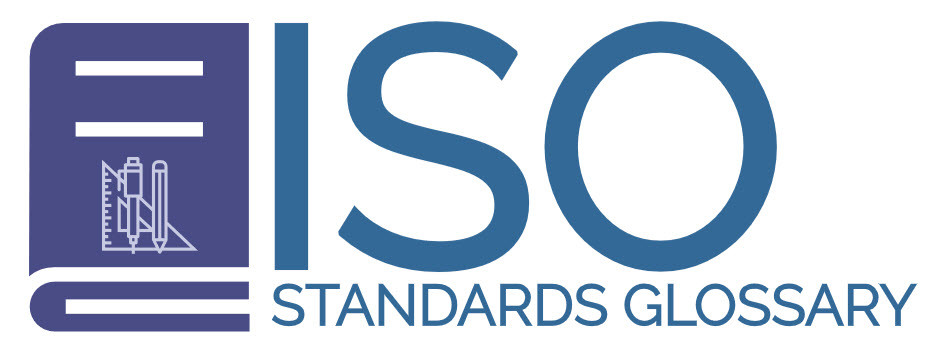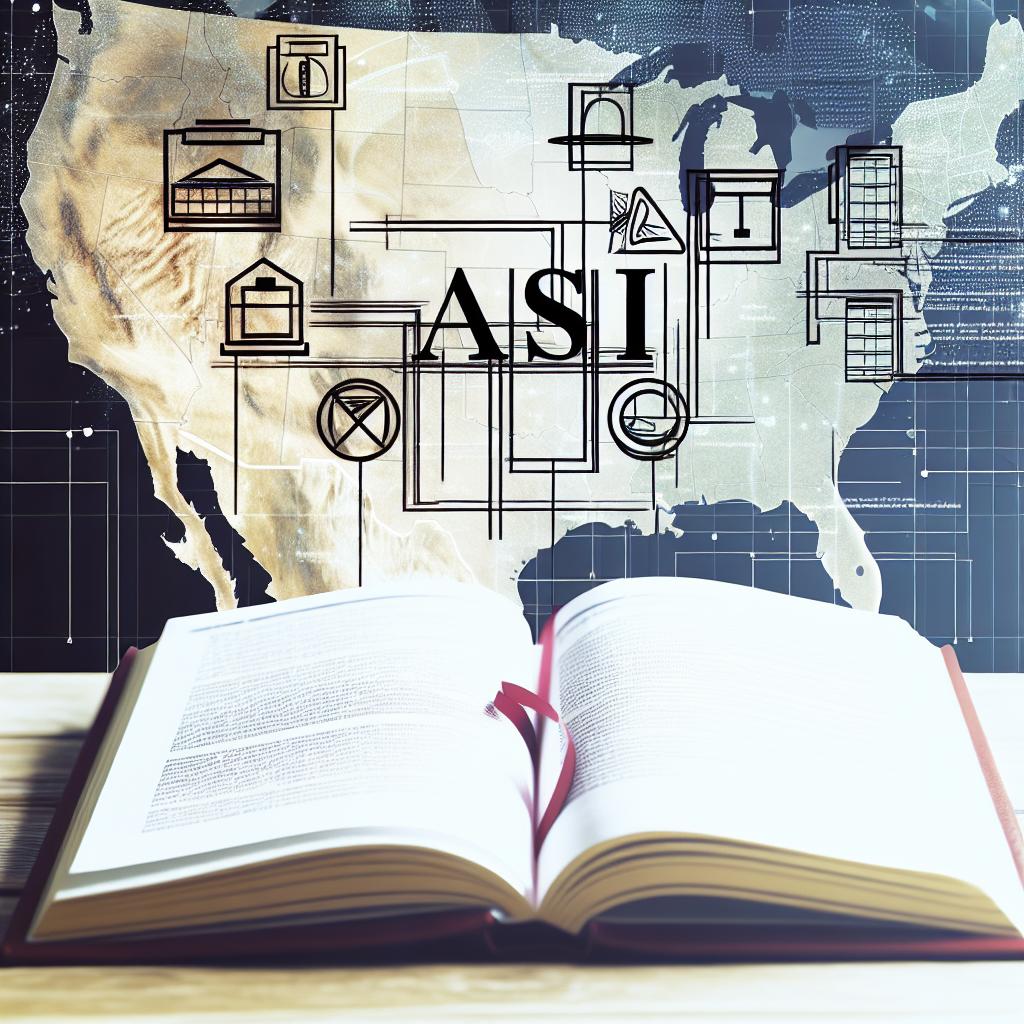Introduction to ANSI
The American National Standards Institute (ANSI) is of paramount importance in the United States’ standards system. As a private, non-profit entity, ANSI is responsible for overseeing the development and implementation of consensus standards covering products, services, processes, systems, and personnel within the United States. With a primary mission to bolster the American economy, ANSI works to enhance citizens’ quality of life while safeguarding consumer health and safety.
The Role of ANSI
In the sphere of standards and conformity assessment systems within the United States, ANSI serves as a vital component. It advances the use of voluntary consensus standards and conformity assessments and works diligently to protect their integrity. The organization’s endeavors are centered on ensuring that such standards are robust, reliable, and trusted by both consumers and businesses.
Standards Development – ANSI itself refrains from directly developing standards. Its focus is on accrediting the processes of Standards Developing Organizations (SDOs). This means ANSI verifies that these organizations adhere to fair and open standards development methods. Through this process, ANSI supports the formulation of efficient and effective standards that are instrumental in both domestic and international markets.
Accreditation and Approval
Among ANSI’s core duties is the accreditation of SDOs, a task that involves confirming that these organizations follow principles such as openness, balance, consensus, and due process. This accreditation process is essential as it certifies that the standards produced are not only credible but also inclusive of all relevant stakeholder perspectives. When a standard is formulated, ANSI has the authority to bestow upon it the status of an American National Standard (ANS). This approval not only elevates the standard’s prominence but also promotes its adoption across numerous sectors. By leveraging its authority, ANSI plays a key role in commissioning standards that uphold quality and promote innovation.
ANSI and International Influence
Beyond its national functions, ANSI represents the United States in significant international bodies like the International Organization for Standardization (ISO) and the International Electrotechnical Commission (IEC). As a participating member, ANSI contributes to forming international standards by providing guidance and perspectives unique to the American marketplace and industries. This active engagement guarantees that U.S. interests are effectively represented on the global stage. Through its representation, ANSI helps promote standardization that benefits international trade and cooperation.
ANSI also coordinates the U.S.’s voluntary standardization system through the United States Standards Strategy (USSS). This strategy aims to offer a well-rounded framework for managing the multitude of standards existing across various sectors, ensuring coherence and the effective service of industry needs. By aligning the USSS with the operational norms of different sectors, ANSI helps in harmonizing standards that enhance efficiency and competitiveness.
Conclusion
In sum, ANSI plays an indispensable role in both the national and global realms of standardization. By facilitating the accreditation of SDO procedures and representing U.S. interests in international standardization forums, ANSI guarantees that standards across the board benefit American consumers and industries. This comprehensive involvement ensures that standards not only enhance safety, quality, and competitiveness but also contribute significantly to the economic stability and growth essential for thriving markets. Through these concerted efforts, ANSI not only safeguards existing standards frameworks but also encourages the development of new solutions that address emerging challenges in various sectors. Consequently, the significance of ANSI extends far beyond its immediate sphere, impacting both societal wellness and economic prosperity in the long term.

